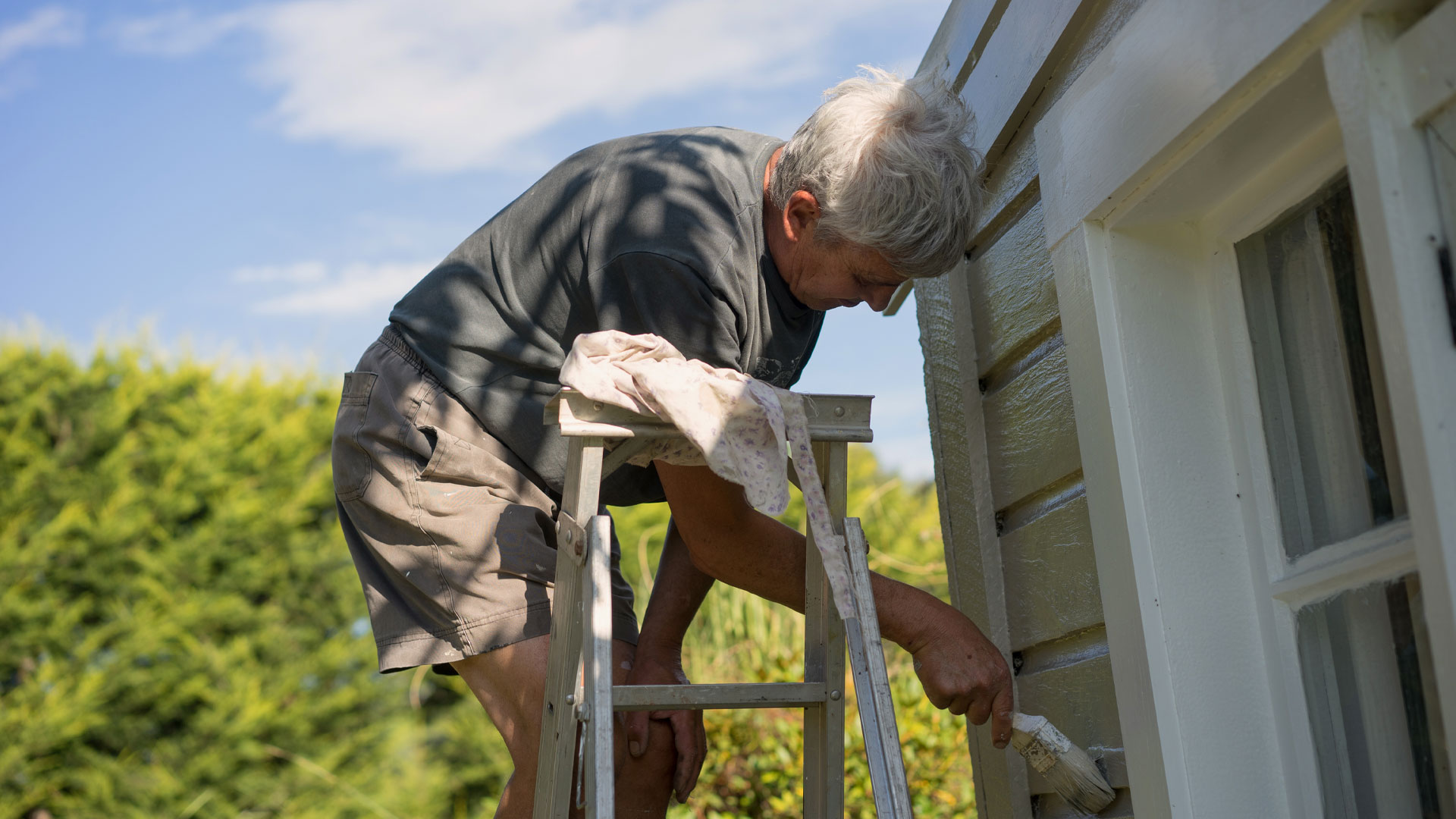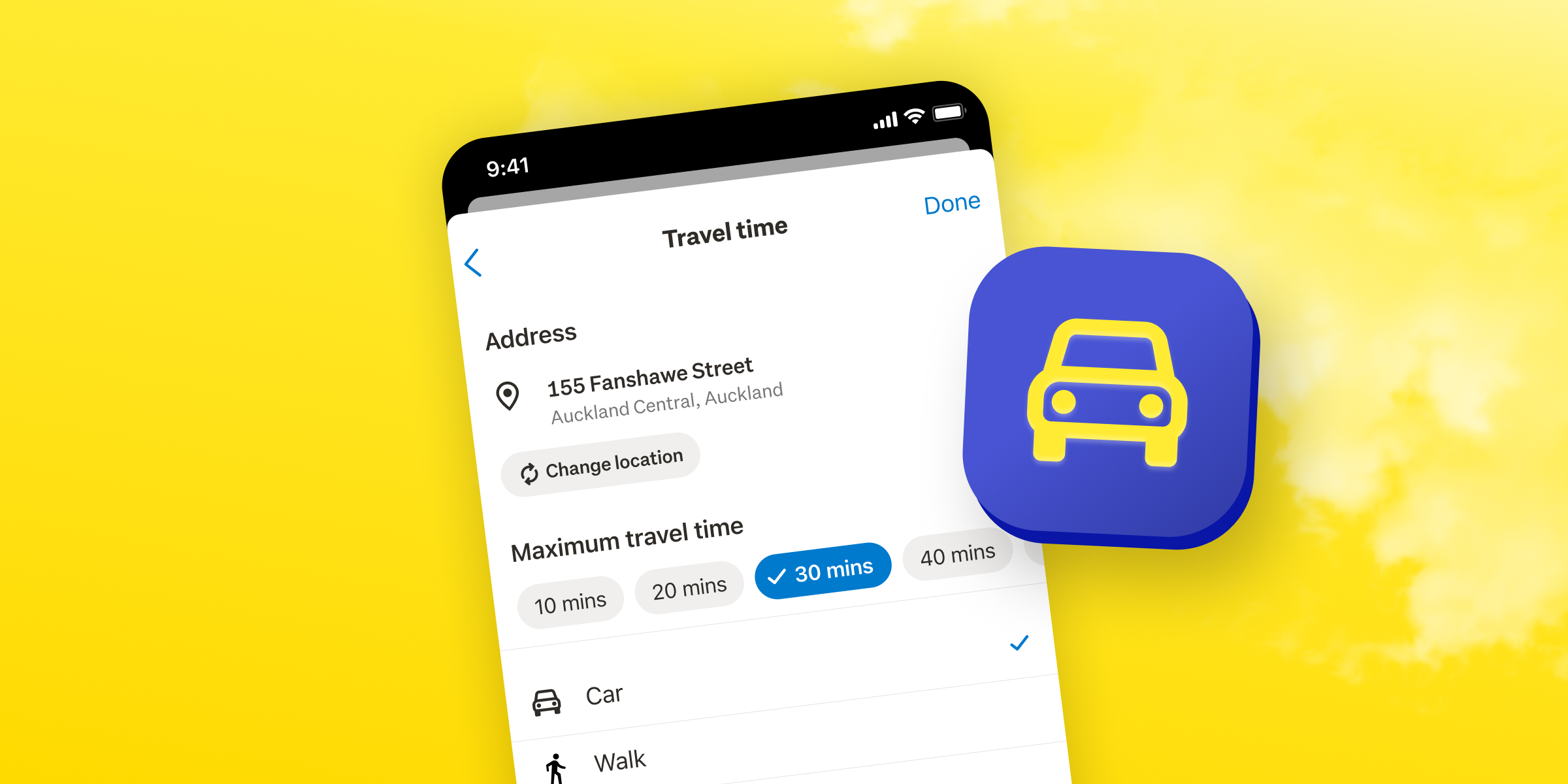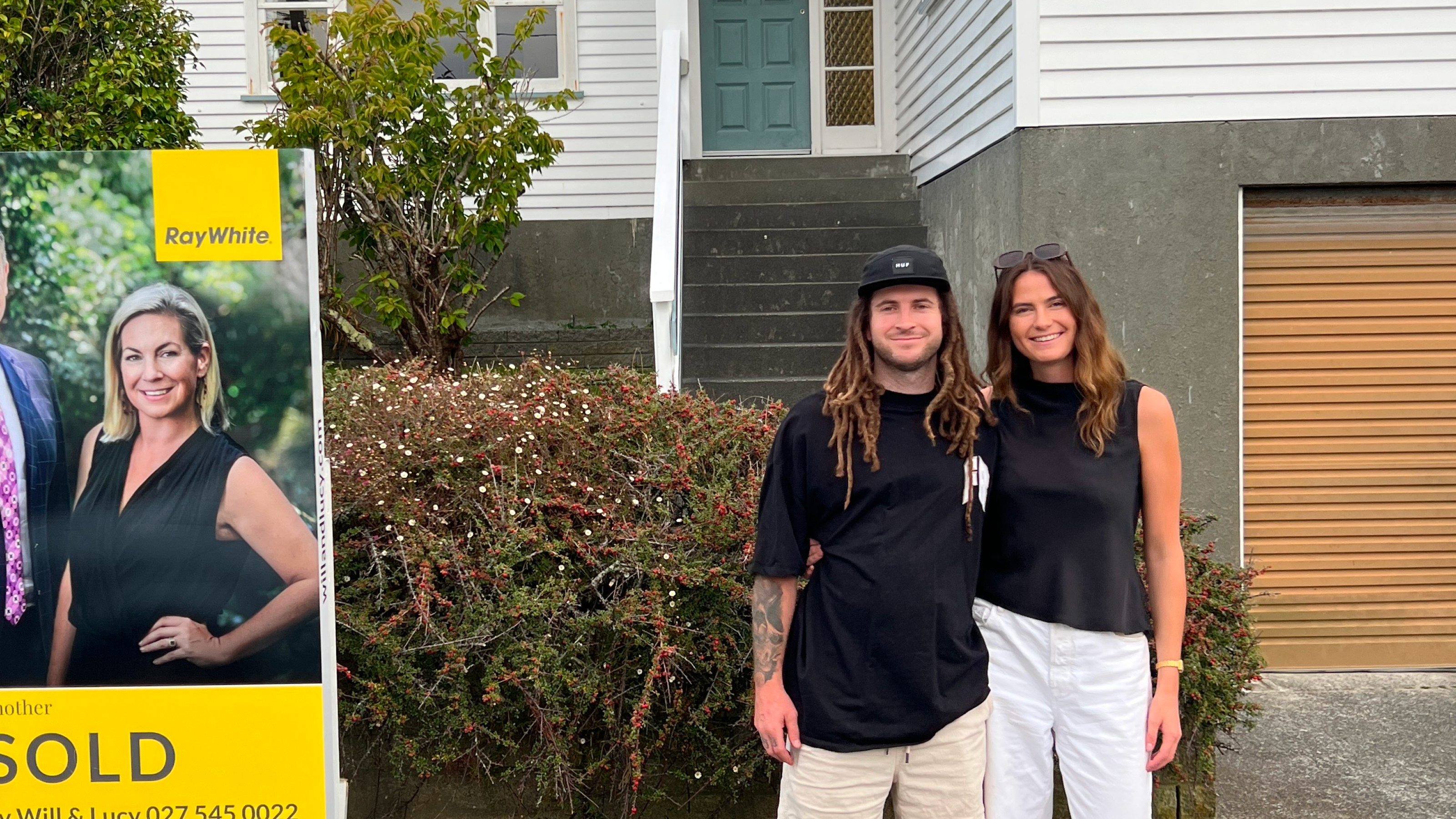Selling guide
Selling your first home? Avoid these common mistakes
Steer clear of these common pitfalls.
.png)
Mistakes to avoid as a first-time home seller in NZ
1. Not understanding the costs
Having a firm idea of the costs of selling is a must.
2. Over-spending on pre-sale renovations
3. Hiring the wrong agent
Choosing a real estate agent to sell your home is a crucial step.
4. Setting the wrong asking price
Do some research so you price your home right.
5. Not properly preparing your home for sale
6. Skimping on marketing
7. Hiding problems with your home
8. Only considering the highest offer
Author
Search
Other articles you might like










